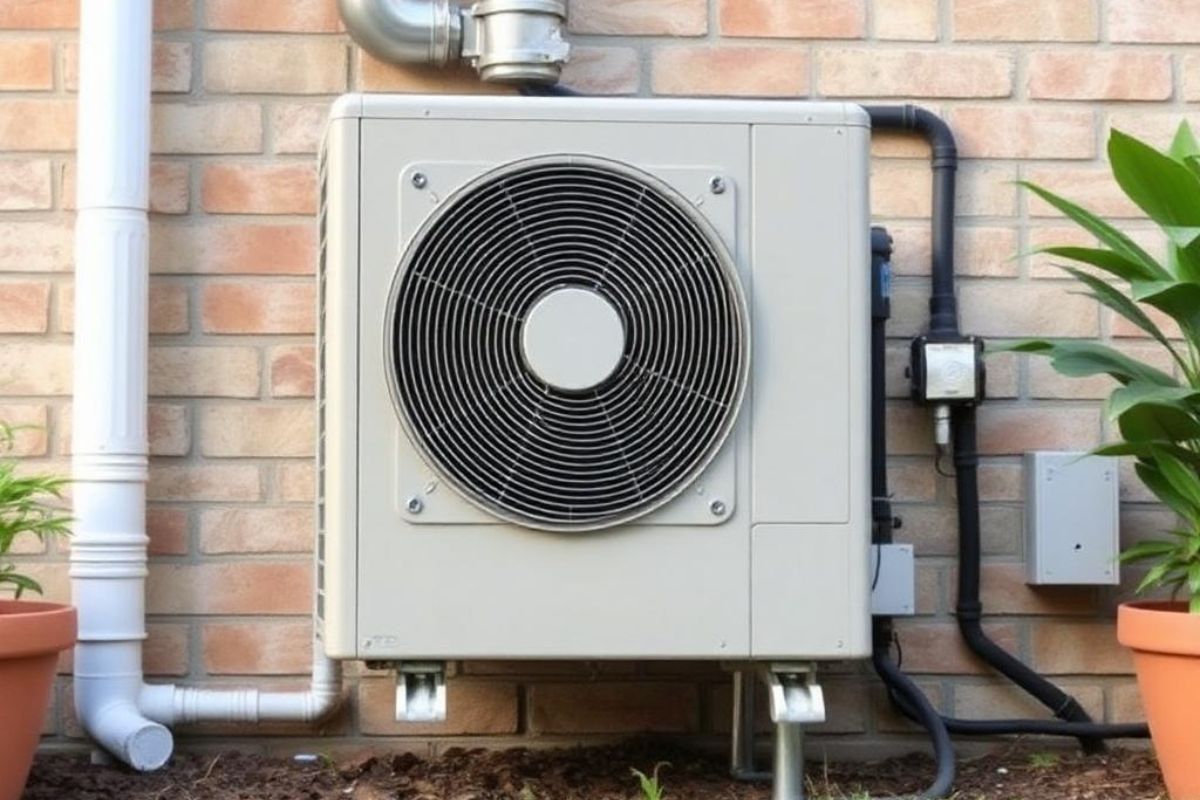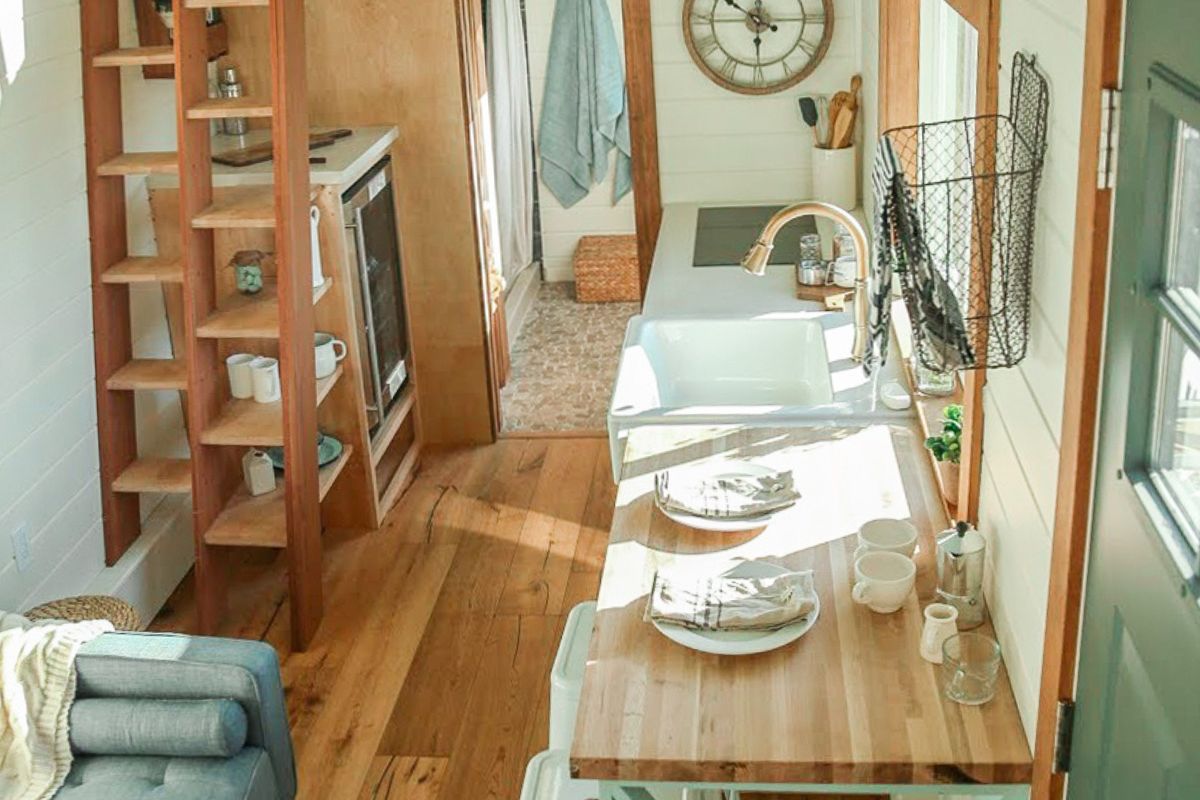If you discover that your HVAC system is leaking, then that might be a serious sign of damage and you should address it immediately. Contact an HVAC expert in Augusta to take care of the issue right away and prevent further damage. A professional will provide you with assistance right away but you can still do some things on your own.
Turn Off the HVAC System
Once you discover a leak, you should immediately turn off your HVAC system to prevent further damage. In some cases, this will also help you minimize water damage in your home. Until an expert comes and evaluates what is wrong, you should keep the HVAC system turned off and keep electronics away from the water. Proceed with identifying the source of the leak to contain it.
Identify the Source of the Leak
When you try to identify the source of the leak, there are several areas you should consider inspecting. Some common leak sources for HVAC systems include:
Drain Pan - This area is the first one you should inspect. It might be full or damaged, leading to water overflow.
Condensate Drain Line - A clogged drain line can cause water to back up and leak. Consider the last time you cleaned the drain. If it’s been more than one month, then this might be the primary issue.
Refrigerant Lines - Leaks in refrigerant lines can occur due to corrosion or improper installation. Ensure you find out exactly what caused the issue when the technician comes.
Check the Filter
In many instances, HVAC system leaks can occur due to clogged air filters. When air filters are clogged, they will restrict the airflow to the system, which can cause the evaporator coil to freeze.
When it melts, it can lead to excessive water accumulation. Check the air filters and replace them if necessary.
Inspect the Drain Line
The water leak might be due to a clogged drain line ,which you can safely access to check. If the drain line is clogged, you can attempt to clear it using a wet/dry vacuum or by flushing it with a mixture of vinegar and water.
The drain lines should usually be cleaned every one to three months depending on whether you have pets or not or if you live in a humid climate. It is essential to note that although you can take care of minor clogs, those that are more severe should be handled by a professional to avoid further damage and ensure a thorough cleaning.
Look for Ice Build-up
If you notice ice on the evaporator coils, it may indicate low refrigerant levels or airflow issues, which are best addressed by professionals. Do not attempt to correct this issue by yourself. The best thing you can do in this situation is turn off your HVAC system and allow it to thaw before the technician comes.
Document the Damage
Once you turn off the HVAC system and identify the source of the leak and contain it, you should take photos of it and the water damage. This documentation can be helpful for insurance purposes.

Contact an HVAC Expert
Regardless of whether took care of the issue by yourself or not, you should contact an HVAC expert to analyze your system. A professional can diagnose the problem more accurately and perform the necessary repairs to ensure your system will continue to function properly.
Preventing Future Leaks
Although you can stop the HVAC from leaking, either by taking care of a minor issue that caused it or by seeking professional help, you should stay informed about the potential issues that could cause leaks in the future. Here are some ways that you can prevent future leaks:
Schedule Regular Maintenance
Get annual professional inspection and maintenance for your HVAC system. The technicians will also help you tune up your system and identify and fix potential issues before they become serious.
Change Air Filters Regularly
Change your air filter every one to three months or according to your manufacturer's instructions. This will ensure proper airflow and keep your indoor air quality high, while also preventing the risk of ice buildup on the coils, which often leads to leaks.
Clear the Drain Line
You should regularly check and clean the condensate drain line to prevent clogs. Make it a habit to check the drain line when you change the air filter.
Inspect the Drain Pan
Your drain pan can become damaged or rust over time. When you notice any signs of wear and tear, you should replace it to prevent overflow and water leaks. Position it correctly so that any condensation will be mitigated.
Monitor Refrigerant Levels
When refrigerant levels are low, your evaporator coils can freeze, which can lead to leaks when they melt. Have a professional check the refrigerant levels occasionally.
Maintain Proper Insulation
The insulation around your refrigerant lines and ducts should always be intact and effective. This ensures proper temperature control and prevents condensation. Address any insulation issues once you discover them to prevent leaks.
Keep the Area Around the Unit Clean
Your outside HVAC units should be clean of debris, leaves, or other obstructions because moisture will build up if airflow is obstructed. Inspect your outdoor unit once every couple of months and keep it clean.
Use a Humidistat
You should install a humidistat to monitor and control humidity levels in your home. High humidity levels, over 50%, can lead to condensation and leaks.
Check for Ice Build-up
Lastly, you should check your HVAC system for ice buildup around the evaporator coils. If ice is present, turn off the system and call a professional right away. They will diagnose the issue and fix it.
Once you implement all these measures, you will effectively reduce your chances of encountering any leaks in your system. Regular maintenance and monitoring are key aspects in preventing system damage or loss of efficiency.






Share: